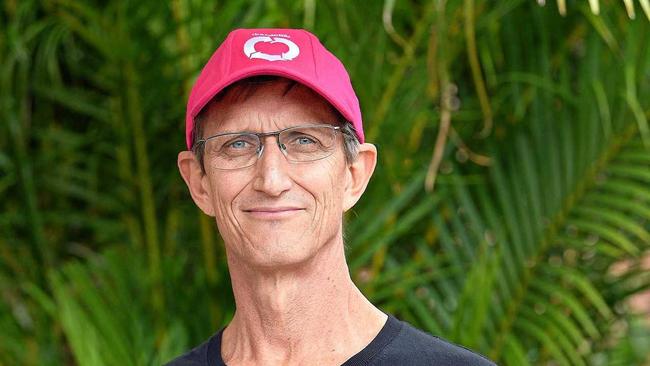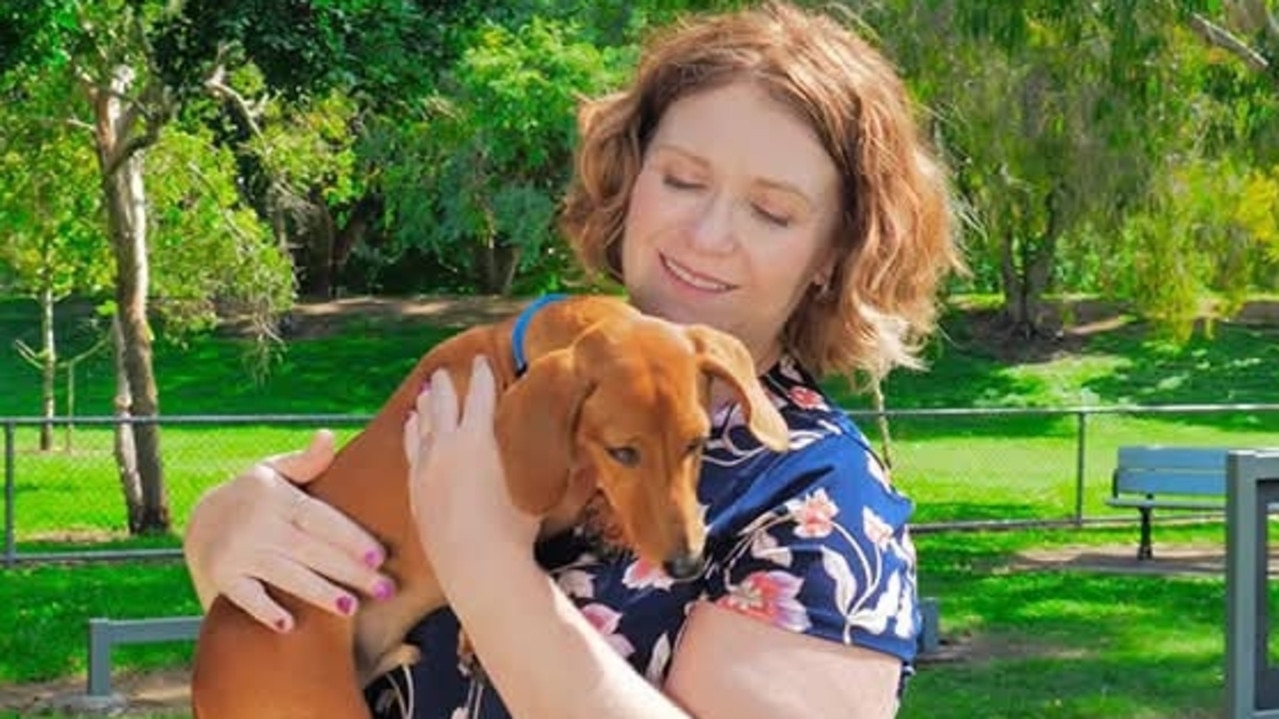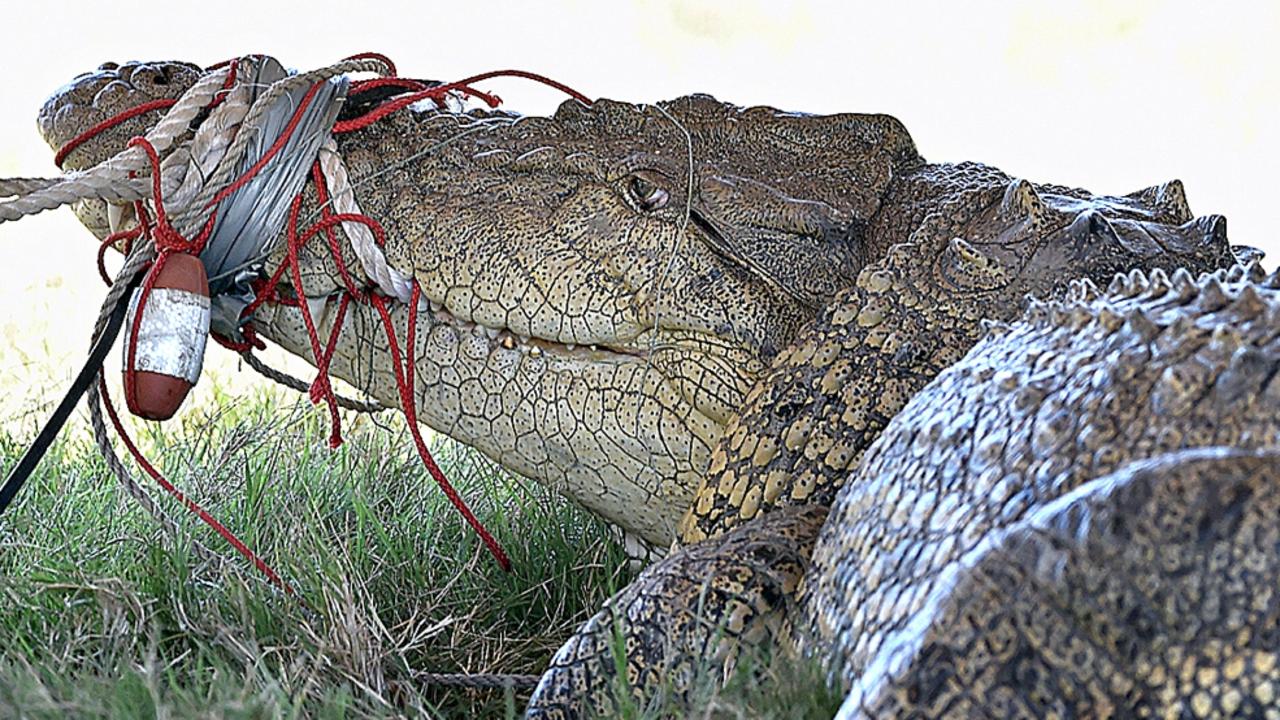'It's a privilege': Why organ donation is so important
At any time of the day, Ian Rodgers could receive a call which simultaneously means both tragedy and hope

Fraser Coast
Don't miss out on the headlines from Fraser Coast. Followed categories will be added to My News.
AT ANY time of the day, Ian Rodgers could receive a call which simultaneously means both tragedy and hope.
As the Wide Bay Health organ donation specialist nurse co-ordinator, Mr Rodgers deals with the cycle of life and death and the relationship between the two.
Speaking to raise awareness for registering to be an organ and tissue donor during DonateLife Week this week, Mr Rogers talked about seeing the difference organ donation makes to those given a second chance at living.
"I consider it a very big privilege," he said.
"I become a part of that family for a few days because I am dealing with them at a time of emotional crisis."
Mr Rogers explained once a person is declared brain dead in Hervey Bay Hospital, his job is to ask their family about organ donation and answer all their questions.
"I find a common trend is if a person has registered as a donor they often have had that conversation with the family, but we also have had cases with people who haven't registered before their death and their family decide to donate because they believe that is what this person would have wanted," he said.
"Most of them are glad to do it because it is the little good thing, that little spark that happens in a tragic situation that they know their death can help someone else."
Only about 2 per cent of people in Australia die in a way where organ donation is possible - with the family's consent this is where the massive co-ordination process begins.
Once a donation process starts, Mr Rogers can be at the hospital for 24 to 48 hours at a time, only sometimes able to sneak home for a few hours' sleep.
From there, Mr Rogers deals also with organising the transplant and coordinating to get the organs to transport surgeons who determine if the organ is viable.
"Even though it can be hard emotional work, it is a privilege, knowing what we do here has such a big change for other people all around Australia.
"It can be quite an emotional job. I am dealing with the family with the social worker and the doctors. I've lost both my parents and I can understand.
"We don't know where these organs are going we just know they are going to people in the greatest of need."
Mr Rogers stressed the importance of discussing organ and tissue donor registration with family and friends.
"It's vital to discuss your decision to donate because we know 90 per cent of families agree to the donation when their loved one is a registered donor," Mr Rogers said.
Less than one third of Queenslanders are registered on the Australian Organ Donor Register despite their willingness to donate organs and tissue.
"Individuals can register at donatelife .gov.au with their Medicare number in under a minute," he said.
"If every registered person found just one person to register on the Australian Organ Donor Register, we'd double the number of registered donors.
"We want to inspire all Australians to make a real difference to the lives of others by registering and telling their family they want to be a donor.
"One by one is how we'll make that difference."


